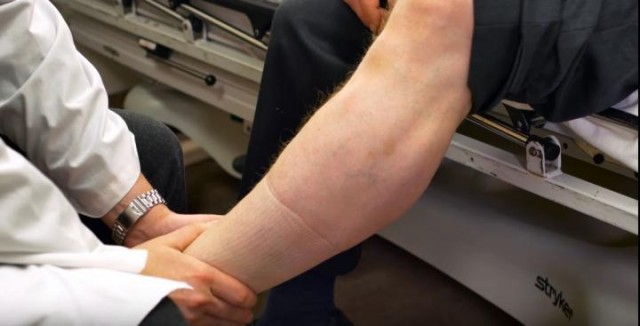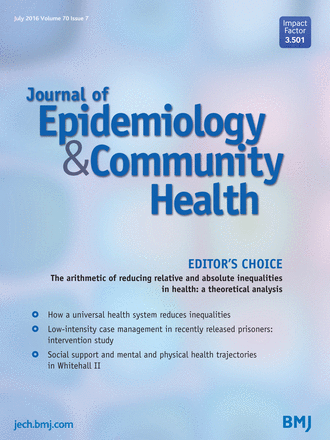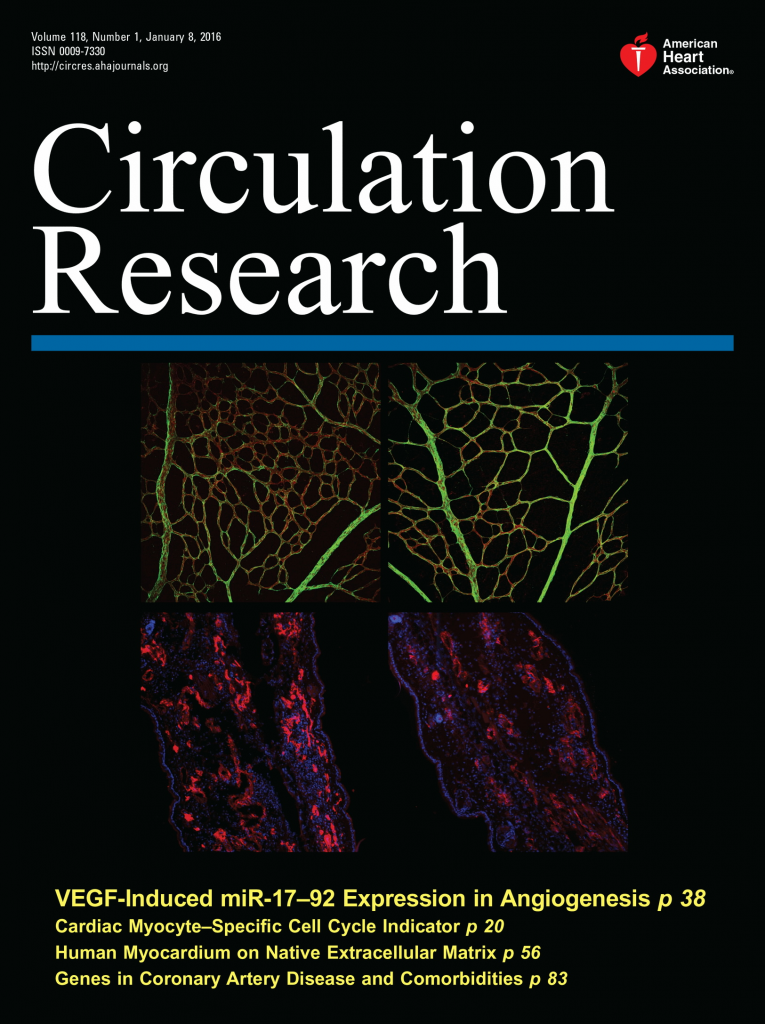An anti-clotting drug is as effective as aspirin at preventing a second stroke, but without the bleeding complication sometimes associated with aspirin use, according to two new studies. The studies were reported today at the American Stroke Association�s 26th International Stroke Conference. The American Stroke Association is a division of the American Heart Association.
The drug, known as triflusal, is currently unavailable in the United States � even for clinical research � because an application has never been filed with the Food and Drug Administration. Triflusal was developed in Spain about 20 years ago, where it has been widely used in the prevention of strokes and heart attacks. It also is licensed for use in Italy, Portugal, Greece, some parts of Asia and most of Latin America, including Mexico and Argentina.
A three-year, multi-center clinical trial in Buenos Aires (TAPIRSS � Triflusal versus Aspirin for the Prevention of Infarction: A Randomized Stroke Study) included 429 patients treated either with aspirin or triflusal for more than a year following an ischemic stroke (caused by a blocked blood vessel) or a transient ischemic attack (a "mini-stroke" or temporary vessel blockage).
They found comparable rates of death, strokes and heart attacks in both groups. The rate of death from cardiovascular disease was 3.7 percent for those taking aspirin compared to 2.3 percent for those on triflusal. About 7.4 percent of the aspirin group and 8 percent of the triflusal group suffered a stroke; 2.3 percent of the aspirin group and 1.9 percent of the triflusal group had non-fatal heart attacks.
But the combined rate of severe and non-severe bleeding in the brain and elsewhere was only 2.8 percent among those taking triflusal compared to 8.3 percent among those taking aspirin.
"In our study, triflusal had a stroke preventive effect as potent as that of aspirin without the damaging hemorrhagic complications in the brain and other parts of the body that can limit the use of aspirin in some stroke patients," says Antonio Culebras, M.D., Ph.D., lead author of the study, professor of neurology at Upstate Medical University and director of the Clinical Stroke Research Center of the Veterans Affairs Medical Center in Syracuse, N.Y. "Therefore, it can be safely used in the 10 percent to 20 percent of individuals in whom aspirin causes bleeding, or in those older than 85, who are more prone to bleeding when taking aspirin."
Triflusal has a chemical structure very similar to aspirin and, like aspirin, prevents platelets in the blood from clumping together to form clots that can block arteries � which can lead to stroke. But unlike aspirin, triflusal has a component that makes it less likely to cause bleeding.
A second clinical trial, the Triflusal Aspirin Cerebral Infarction Prevention (TACIP) study, conducted in 43 centers in Spain and Portugal, evaluated the long term efficacy and safety of both drugs. Researchers treated more than 2,100 patients who had a mini stroke or non-disabling stroke with aspirin or triflusal for almost three years.
The incidence of stroke, heart attack or cardiovascular death was similar for the triflusal group and aspirin groups (13.1 percent and 12.4 �statistically insignificant). However, the incidence of bleeding was considerably higher in the group taking low-dose aspirin (24.5 percent) compared to the group taking triflusal (16.4 percent).
"We found that major and minor hemorrhages were significantly reduced by triflusal with a similar stroke preventive effect than aspirin," says Jordi Matias-Guiu, M.D., Ph.D., lead author and professor of neurology at Alicante Miguel Hern�ndez University and head of the neurology department at Alicante General Hospital. "The results also show that the hemorrhagic risk of aspirin is markedly increased after the second year of treatment.
"We conclude that triflusal is a safer and preferable alternative to low-dose aspirin in the long-term prevention of recurrent stroke and other vascular events," says Culebras. "If the results of these clinical trials performed outside the United States are accepted as proof of its clinical value, it could be approved at some point in the future for use in the United States.
"It would be interesting to compare other antiplatelet agents to triflusal in the future," he says.
The American Stroke Association cautions that larger trials are still required to prove triflusal�s efficacy, but notes these important trials offer promising potential for individuals unable to take aspirin.
"The overall results of these trials favored aspirin," says Gregory Albers, M.D. an association spokesperson. "Therefore, larger trials will be required to more precisely define the efficacy of this compound. However, the clear and statistically significant benefit of triflusal in both major and minor bleeding suggests that triflusal may be an ideal therapy for patients who are unable to take other antiplatelet agents because of bleeding complications."
Culebras� co-investigators in the Buenos Aires study include R. Rotta-Escalante, M.D.; J. Vila, M.D.; R. Dom�nguez, M.D.; G. Abiusi, M.D.; A. Famulari, M.D.; R. Rey; L. Bauso-Toselli, M.D.; H. Gori, M.D.; J. Ferrari, M.D.; and H. Fraiman, M.D.
The executive committee of TACIP include Jos� Ferro, M.D., Ph.D.; Jos� Alvarez-Sabin, M.D., Ph.D.; and Ferr�n Torres, M.D., Ph.D.
Source: NIH









